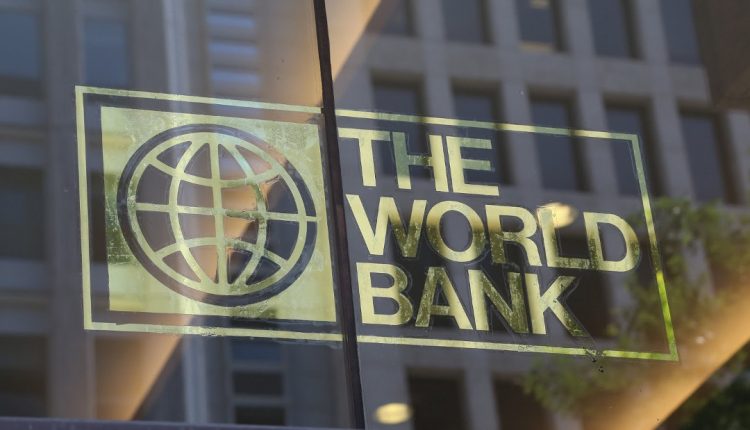
The World Bank’s Board of Executive Directors has approved a total of $550 million for Ethiopia to support the country’s efforts to improve the livelihoods of pastoralists and its ongoing power sector reforms.
Accordingly, it approved $350m ($70m grant $280m credit) from the International Development Association (IDA) in support of the country’s efforts to improve the livelihoods and resilience of 2.5 million pastoralists and agro-pastoralists in low land areas.
The Low lands Livelihood Resilience Project will help to improve the livelihoods and resilience of pastoral and agro-pastoral communities in Ethiopia by addressing their binding constraints, the Bank said in a statement.
“The project will put communities in charge of their own development priorities by enabling them to identify, lead and manage local development initiatives,” said Carolyn Turk, World Bank Country Director for Ethiopia, Sudan, and South Sudan.
According to the statement, the project will reduce long-term environmental degradation and communities’ vulnerability to climate change-related droughts.
It will also facilitate access to essential social services such as water resources to communities, upgrade veterinary facilities, and help construct key infrastructure such as bridges roads, livestock markets, small scale irrigation schemes.
The project will support the introduction of technologies that improve animal productivity (i.e., milk and meat production). Furthermore, it will improve market linkages and commercialization by facilitating the development of partnerships between private companies and groups of producers.
Similarly, the $200m Renewable Energy Guarantees Program (REGREP) approved by the bank will support Ethiopia’s ongoing power sector reforms and leverage private sector financing for renewable energy generation.
The program will support the Government of Ethiopia’s ongoing power sector reforms and leverage private sector financing for renewable energy generation.
REGREP will support the development of over 1,000 MW of greenfield solar and wind energy Independent Power Producer (IPP) projects in Ethiopia, including the World Bank Group Scaling Solar initiative.
Enabled by the 2018 Public-Private Partnership Proclamation, this program reflects a new way of doing business in the energy sector in Ethiopia – transitioning from continued public-financing towards private sector-led competitively tendered procurement of new renewable generation capacity.
“With the support of the World Bank Group, this program will create a platform for much-needed private sector participation in the crucial energy sector by lowering the risks of investing in Ethiopia,” said Carolyn Turk, World Bank Country Director for Ethiopia, Sudan, and South Sudan.
“The program has the potential to leverage over $1.5 billion in private sector investment,” she added.



